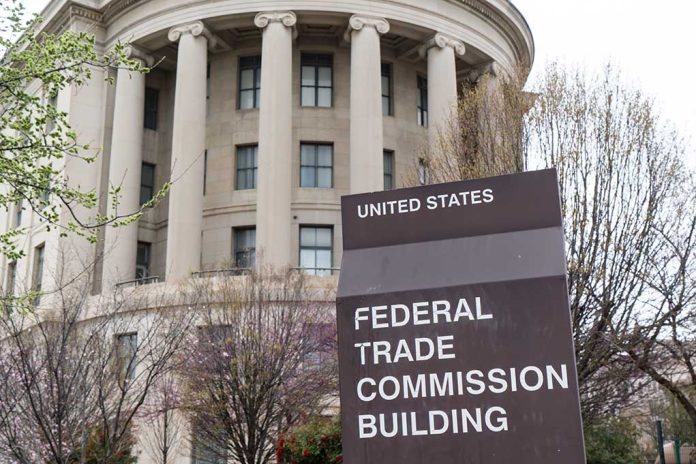
The FTC has warned adoption intermediaries against the use of misleading advertisements, emphasizing the necessity for honesty and transparency.
At a Glance
- FTC staff sent letters to 31 adoption intermediaries warning against misleading practices.
- Concerns include inflated placement claims, baseless timing claims, and review suppression.
- Adoption intermediaries act as middlemen in private adoptions for a fee but are not licensed agencies.
- FTC emphasizes the need for truthful and non-deceptive practices by these intermediaries.
- Violations of the FTC Act and the Consumer Review Fairness Act can lead to civil penalties.
FTC Warns Adoption Agencies Against Misleading Advertisements
The Federal Trade Commission (FTC) has sent letters to 31 child adoption intermediaries, cautioning them against deceptive advertising practices. These intermediaries, which often act as unlicensed middlemen in private adoptions, can cause significant emotional and legal issues for adoptive and birth parents through misleading claims.
Understanding Deceptive Practices
Concerns highlighted by the FTC include exaggerated claims of placement success, unfounded promises regarding the speed of the adoption process, and attempts to suppress negative reviews. Samuel Levine, Director of the FTC’s Bureau of Consumer Protection, stated, “Trying to adopt a child or place a child for adoption can be one of the most difficult and emotionally stressful experiences a parent can ever go through. It is essential that adoption intermediaries are truthful and not deceptive about the services they provide.”
Role of Adoption Intermediaries
Unlike licensed agencies, adoption intermediaries are not subject to state oversight and do not meet state educational, social work, or legal training requirements. These intermediaries often give a false impression of being full-service adoption agencies, which can mislead hopeful parents and complicate the adoption process.
Legal and Financial Repercussions
The FTC’s letters remind intermediaries that misleading practices may violate the FTC Act and the Consumer Review Fairness Act (CRFA), carrying civil penalties of over $50,000 per violation. Furthermore, disclaimers on websites do not necessarily shield these intermediaries from liability if the overall impression remains misleading.
“Even if the adoption intermediary disclaims on its website that it is not a licensed adoption agency, disclaimers are not always effective,” the FTC noted.
The adoption intermediaries are encouraged to review and amend their advertising and contractual practices to avoid legal consequences. This serves as a preventative measure not just for those who received the letters, but for all intermediaries in the market.
Future Monitoring and Consumer Education
The FTC will continue to monitor the market for any further violations and take additional actions as needed. Consumers are advised to report any deceptive practices to the FTC and verify the credentials and services of any adoption intermediary before engaging with them.
“Try to verify the credentials and services of any adoption provider you consider,” the FTC advised. Supportive educational resources are also provided by the FTC for both consumers and businesses to promote better understanding and adherence to advertising laws.







